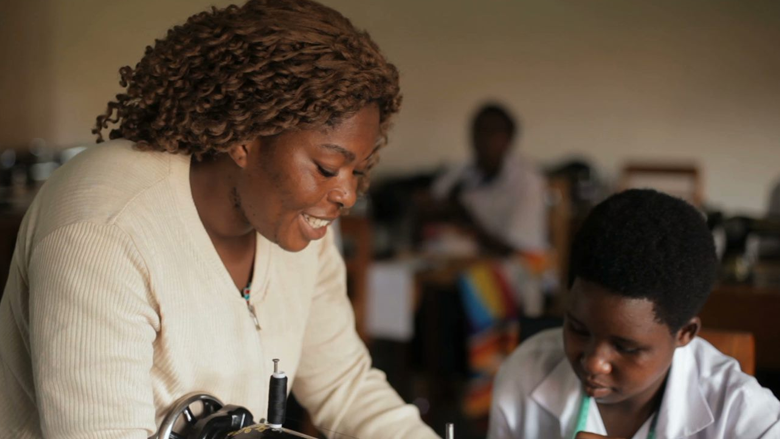In the aftermath of the Genocide against the Tutsi, the new Government of Rwanda established measures to address the impact of war and move toward national reconciliation. The 1994 genocide took the lives of nearly one million people and left the country devastated. Many from the former government army and militia fled to what is today the Democratic Republic of Congo where they spent decades struggling to survive.
Key to the new government’s strategy for peace and stability were the disarmament, demobilization, and repatriation of armed groups — including the former government army and militia. In 1997, the Rwanda Demobilization and Reintegration Commission (RDRC) was established and has since demobilized and offered reintegration support to more than 70,000 ex-combatants. IDA supported these efforts with two consecutive projects: the Emergency Demobilization and Reintegration Program (2002-2008), and the Second Emergency Demobilization and Reintegration Project (SEDRP) (2009-2017).
Ex-combatants go through a process of demobilization that includes medical support, psychosocial screening, and counseling. The RDRC also provides training and classes to support the former soldiers as they reintegrate into Rwandan society. The most vulnerable ex-combatants, along with all female and children former combatants, are eligible to receive two years of formal education, vocational training, or apprenticeship training.
“After completing this course, I am confident that this will help me move out of the poverty cycle,” said Marie Tuyizere, a young tailoring student at the training center. “With the skills that I have acquired here, I will be able to venture into the job world and gain an income to support me and my family.”

